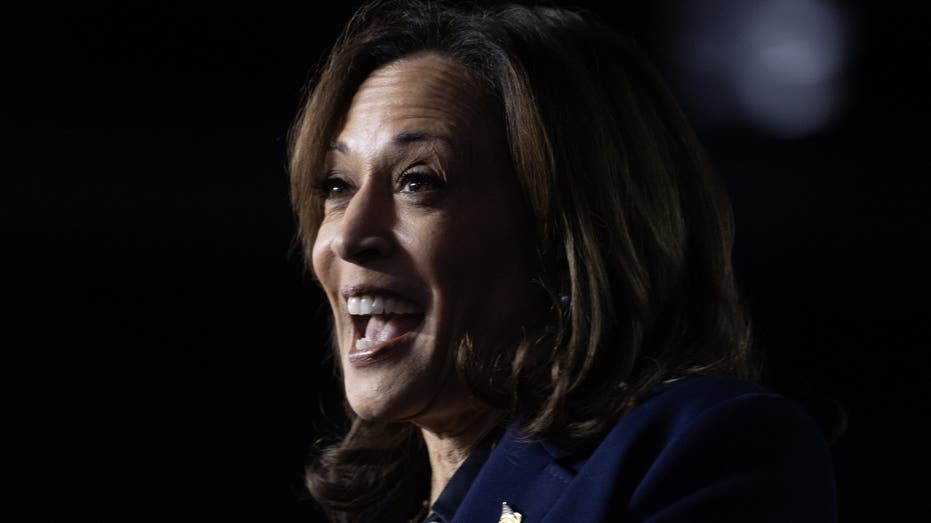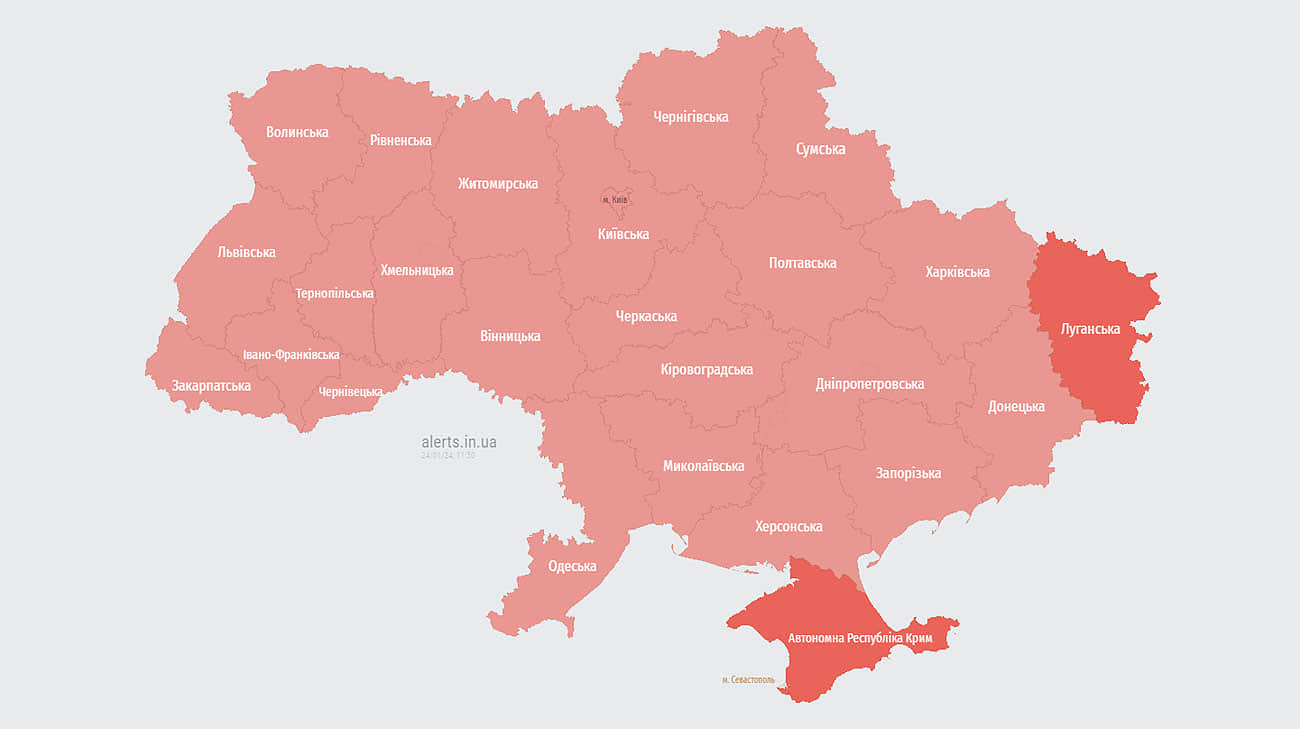UK economy sees another ‘robust expansion’ in March as manufacturing sector improves
The recovery of the UK economy looks set to roll on as business activity continued expanding in March, a closely watch survey suggests.
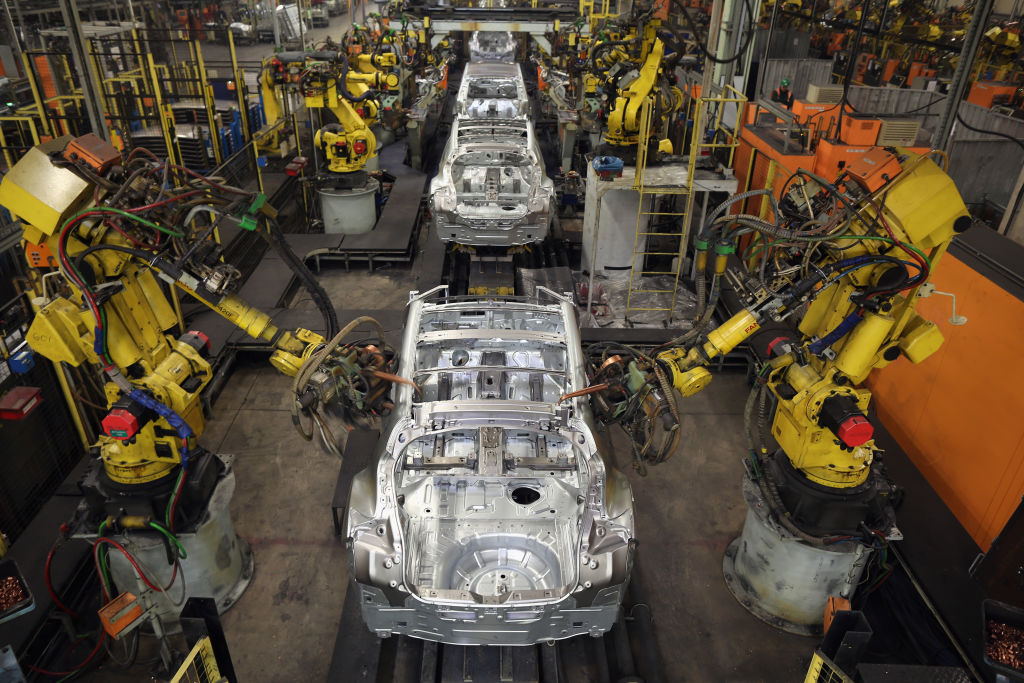
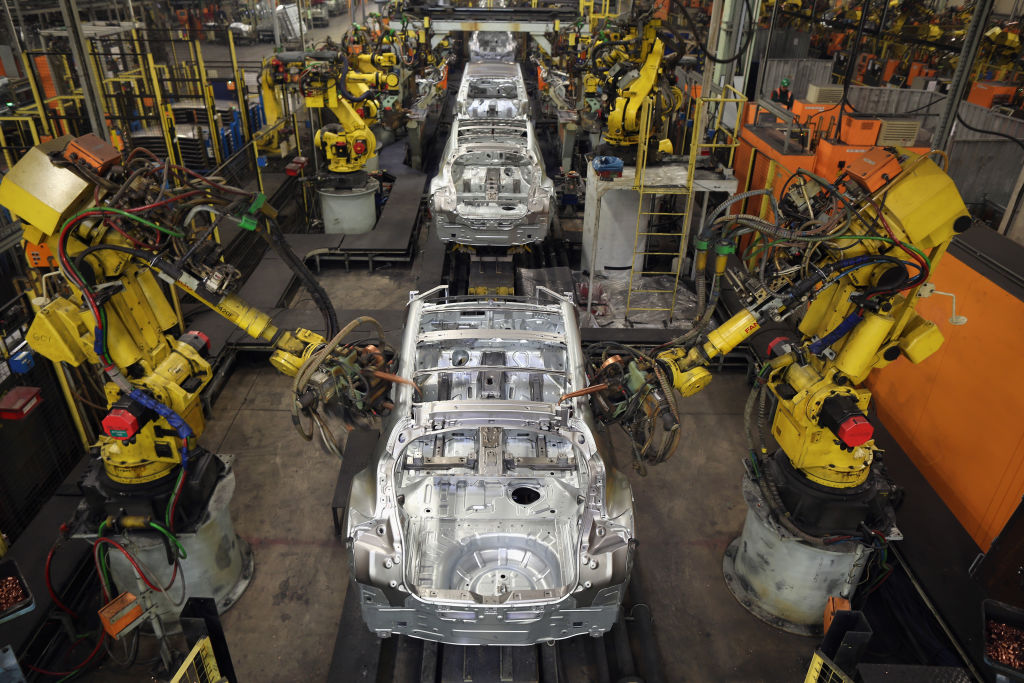
The recovery of the UK economy looks set to roll on as business activity continued expanding in March, a closely watched survey suggests.
S&P’s purchasing managers’ index (PMI), which measures activity in the private sector, dropped slightly to 52.9 in March, down from 53.0 the month before. However, it remained comfortably above the 50 mark which separates growth from contraction.
The reading shows that the UK’s relatively strong start to the year looks set to continue, even if the performance was marginally weaker than the previous month.
The service sector lost some momentum in March, with activity falling to 53.4 from 53.8 previously. This was its slowest rate of expansion for three months.
Firms attributed this to pressure on households’ disposable income.
Activity in the manufacturing sector meanwhile picked up to its highest level in nearly two years, although it remained in contraction at 49.9. Surveys respondents noted that customers were restocking, contributing to a rebound in orders.
New business received in both sectors increased for the fourth consecutive month, although at a slightly slower rate than January.
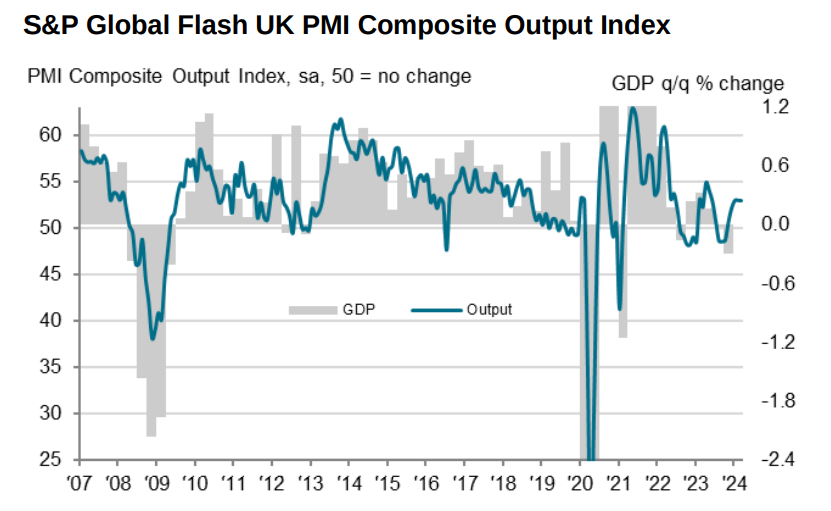
“A further robust expansion of business activity ended the economy’s best quarter since the second quarter of last year,” Chris Williamson, Chief Business Economist at S&P Global Market Intelligence said.
“It is also encouraging to see a more broad-based expansion, with a sustained increase in service sector activity accompanied in March by signs of a tentative return to growth for manufacturing output,” he continued.
However, inflation remains a concern for firms with input prices rising at a “sharp pace”. The rate of inflation was the second highest since August last year.
“Service providers reported elevated wage pressures as the main factor leading to strong cost inflation, while manufacturers cited higher transportation bills and rising commodity prices,” the survey said.
Williamson warned that the risks of elevated price pressures will “add to calls for restraint” on lowering interest rates.
Strong cost pressures contributed to cautious hiring strategies, especially in the service sector. Private sector employment stagnated in March.
Overall, the figures will add to the view that the UK is moving out of the shallow recession it fell into at the end of last year even though inflationary pressures remains a concern.
Figures out from the eurozone showed that business activity moved further into expansion in February, fuelled by an improvement in the services sector which hit a nine-month high.
Manufacturing however remained very weak. “If you were hoping for a recovery in the manufacturing sector in the first quarter, it’s time to throw in the towel,” Cyrus de la Rubia, Chief Economist at Hamburg Commercial Bank, said.

